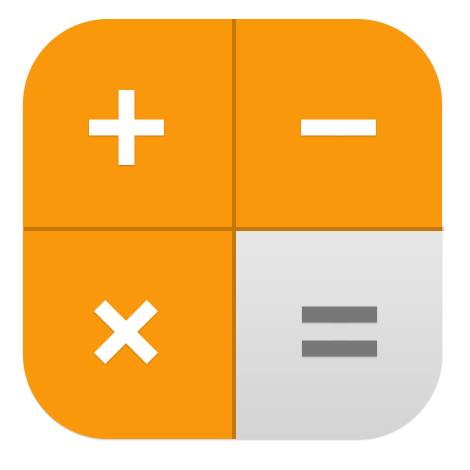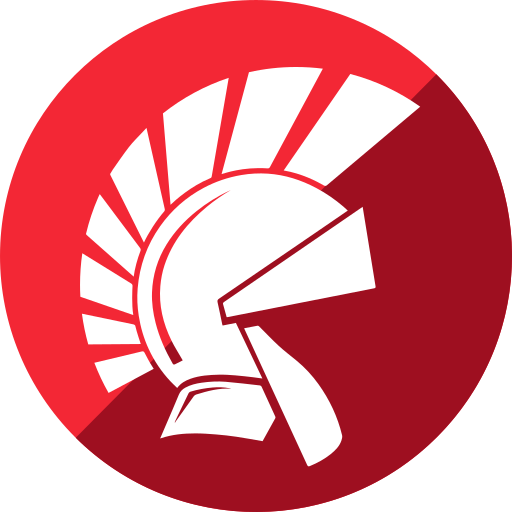
Как сделать калькулятор в Delphi?
Delphi - объектно-ориентированный язык программирования, разработанный компанией Borland в 1995 году. Он основан на языке программирования Pascal, но имеет более расширенные возможности и добавлены новые функции.

Как Delphi реализует многоплатформенную разработку?
Delphi является интегрированной средой разработки (IDE), которая позволяет разрабатывать программное обеспечение для различных платформ, включая Windows, macOS, Android и iOS. Delphi достигает многоплатформенности с помощью...
Динамическая загрузка DLL
There are two possibilities to load a dll:
1. Static loading of a DLL means that the DLL is loaded when the application is executed.
This is the easier option to dynamic loading, as you'll see, however it means that if the DLL
is missing, your program will not run.
}
{Examples:}
{a. Import a function called MYImportFunction from MYLIBRARY.dll}
procedure MYImportFunction; external
'MYLIBRARY.dll';
{b. Import a routine under a different name from the one it has in the library. }
procedure
MYImportFunction; external
'MYLIBRARY.dll' name 'MyNewImportFunctionName';
{c. By ordinal value: Has to be the same value as when using the exports
keyword when making the DLL}
procedure
MYImportFunction; external
'MYLIBRARY.dll' index
10;
{
2. Dynamic loading
By dynamically loading a DLL you decide at runtime which DLL to use.
This means you can give your program different functionality depending on which
DLL's are present (freeware or shareware versions of a program).
Or also if you want to load a library whose name or path must be computed at
run time or generated from user input.
Dynamic loading of a DLL loads the DLL in your application when
it is needed and unload it once you its work is done.
It requires more code to use,
however it more resource friendly than static loading.
}
{**********************************************************}
{
Es gibt zwei Mцglichkeiten, eine DLL zu laden.
1. Statisches Laden
Beim statischen Laden wird die zu importierende Prozedur/Funktion mit "external" deklariert.
Die Datei 'MYLIBRARY.DLL' wird dann beim Programmstart geladen.
}
{Beispiele:}
{a. Importiert eine Funktion MYImportFunction aus der Dll MYLIBRARY.dll }
procedure
MYImportFunction; external
'MYLIBRARY.dll';
{b. Man kann auch eine Routine unter einem anderen Namen importieren als der in der dll. }
procedure
MYImportFunction; external
'MYLIBRARY.dll' name 'MyNewImportFunctionName';
{c. Einen Index angeben: }
procedure
MYImportFunction; external
'MYLIBRARY.dll' index
10;
// 2. Dynamisches Laden
{
Beim Dynamischen Laden erfolgt der Zugriff auf die Routinen mit
direkten Windows-API-Aufrufen (LoadLibrary, FreeLibrary, GetProcAddress).
Die importierten Routinen werden ьber prozedurale Variablen referenziert.
Die importierten DLLs werden erst bei der Ausfьhrung des Quelltextes geladen.
Somit wird Speicherplatz eingespart und das Programm wird auch ausgefьhrt,
wenn einige DLLs fehlen.
}
{**********************************************************}
// Example for dynamically loading a DLL
// Beispiel um eine Dll dynamisch zu laden:
type
TDLLFunction = function
(someParam: TSomeType): TSomeOtherType;
{
To execute such a function by name from a named DLL one could use a
"caller" function like
}
function
CallDLLFunction(const
dllname, functionname: string
;
theParameter: TSomeType): TSomeOtherType;
var
hDLL: THandle;
theFunction: TDLLFunction;
buf: array
[0..144] of
Char;
begin
// Get a handle to the DLL module.
// das Handle zum DLL Modul ermitteln.
hDLL := LoadLibrary(StrPCopy(buf, dllname));
// If the handle is valid, try to get the function address.
// Wenn das Handle gьltig ist, versuche die Adresse der Funktion zu ermitteln
if
hDLL <> 0 then
begin
// Return the address of the specified exported (DLL) function.
// Adresse der Dll-Funktion ermitteln
try
@theFunction := GetProcAddress(hDll, StrPCopy(buf, functionname));
// If the function address is valid, call the function.
// Wenn die Funktion gefunden wurde...
if
@theFunction <> nil
then
Result := theFunction(theParameter)
else
raise
EDLLException.CreateFmt('Unable to link to function %s in DLL %s!',
[functionname, dllname]);
finally
// Free the DLL module.
// Dll wieder freigeben.
FreeLibrary(hDLL);
end
;
end
else
raise
EDLLException.CreateFmt('Unable to load DLL %s!'#13#10 +
'Reason: %s.', [dllname, DLLErrors[hDLL]]);
end
;
